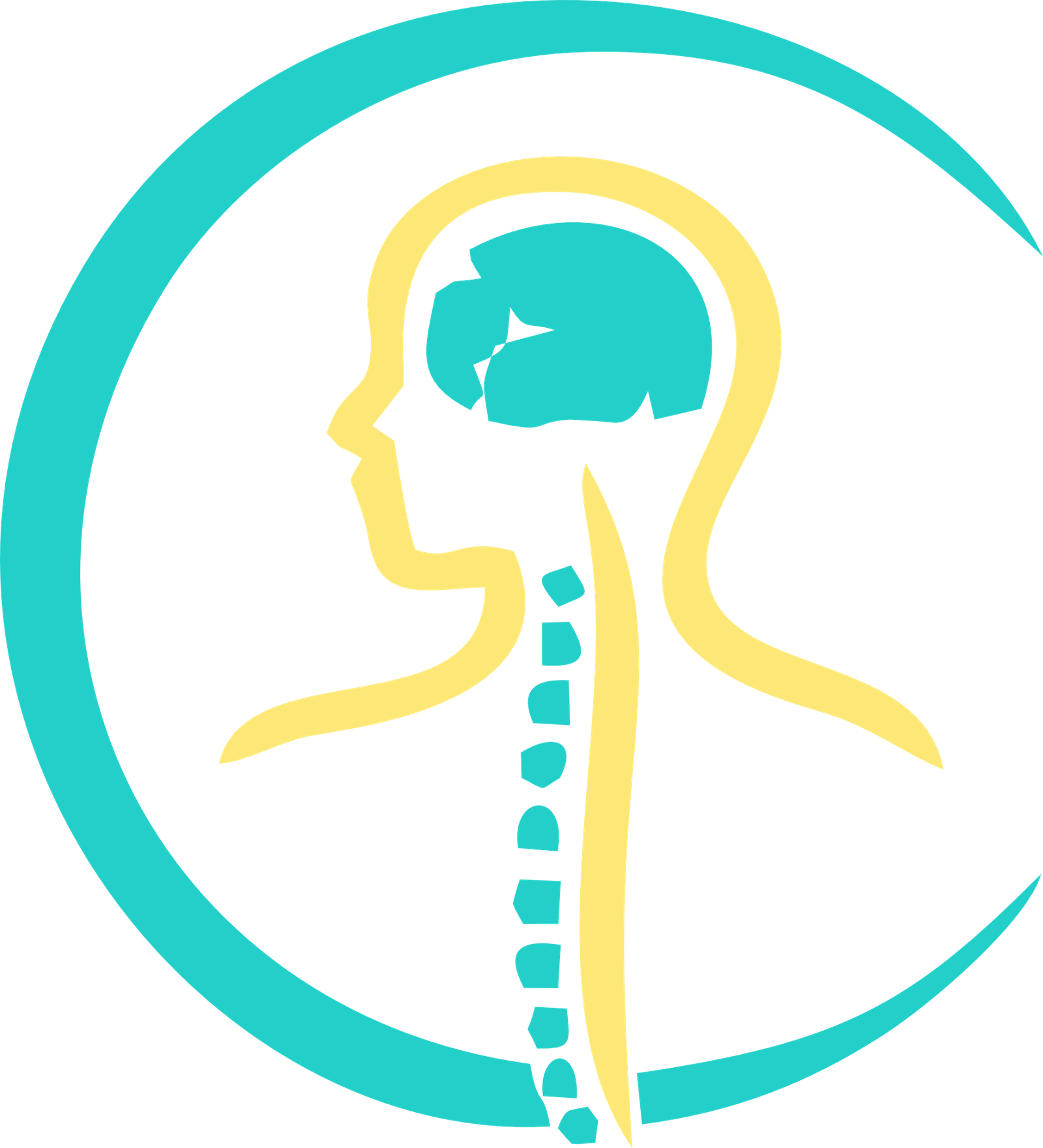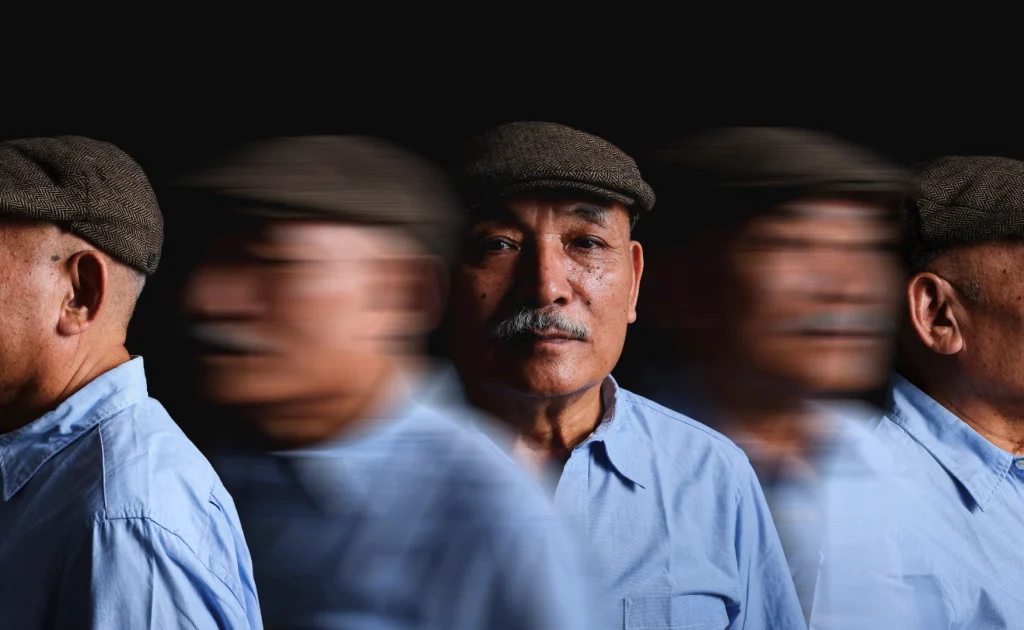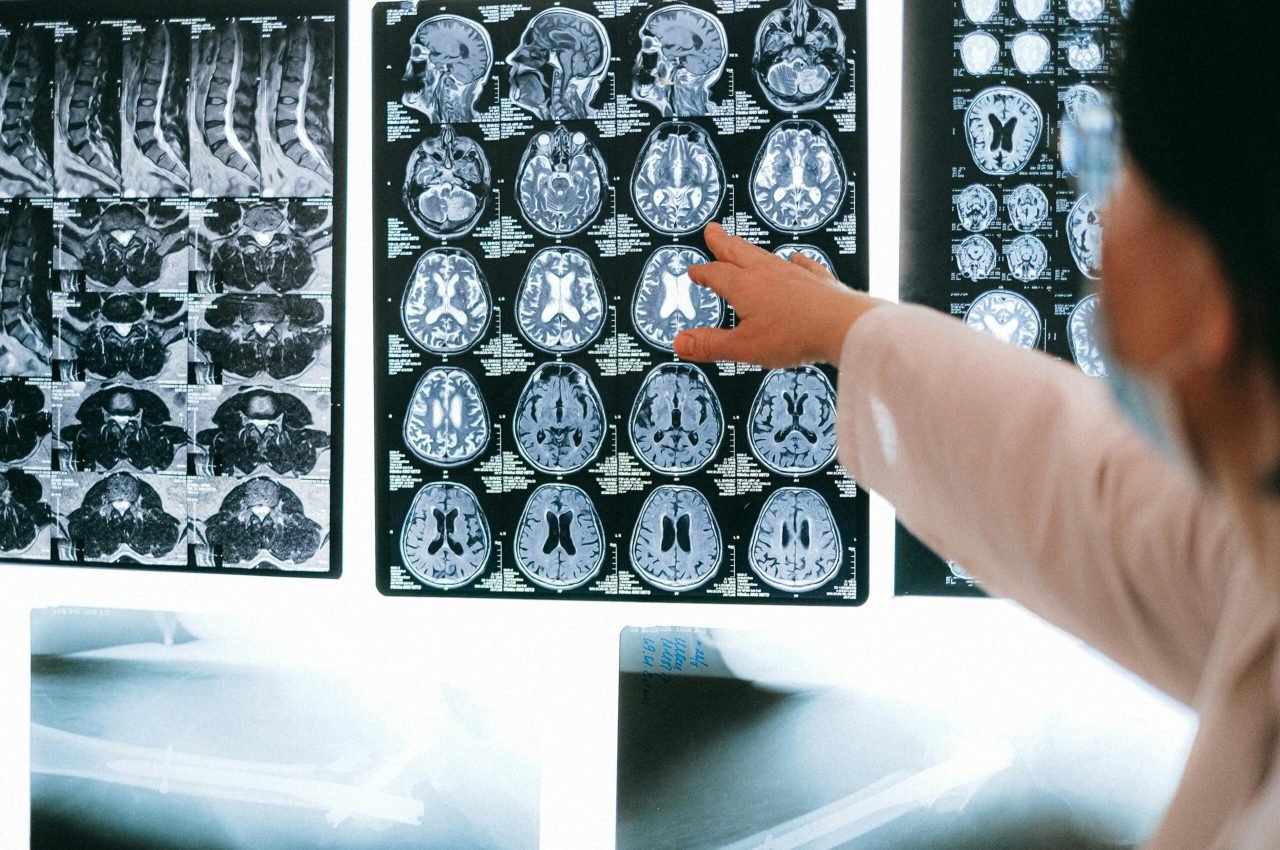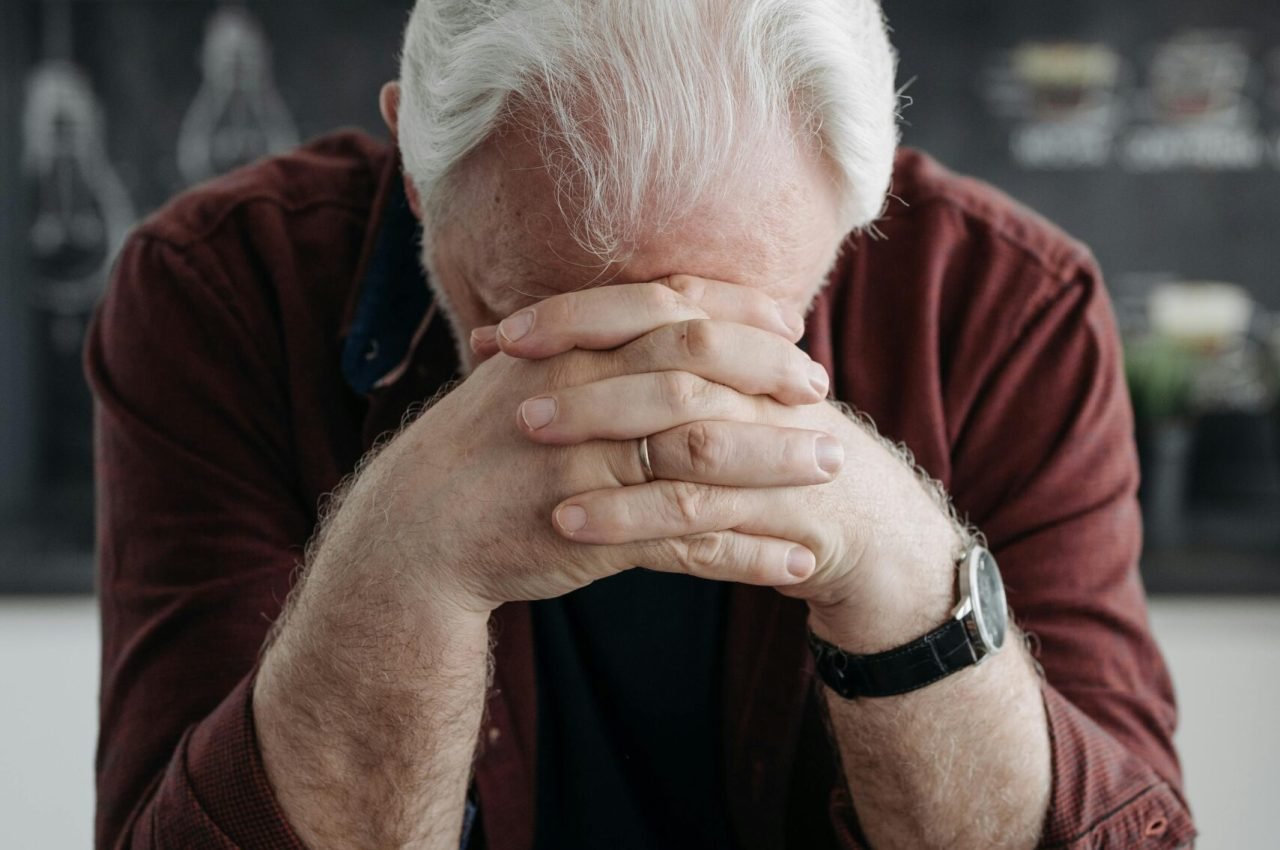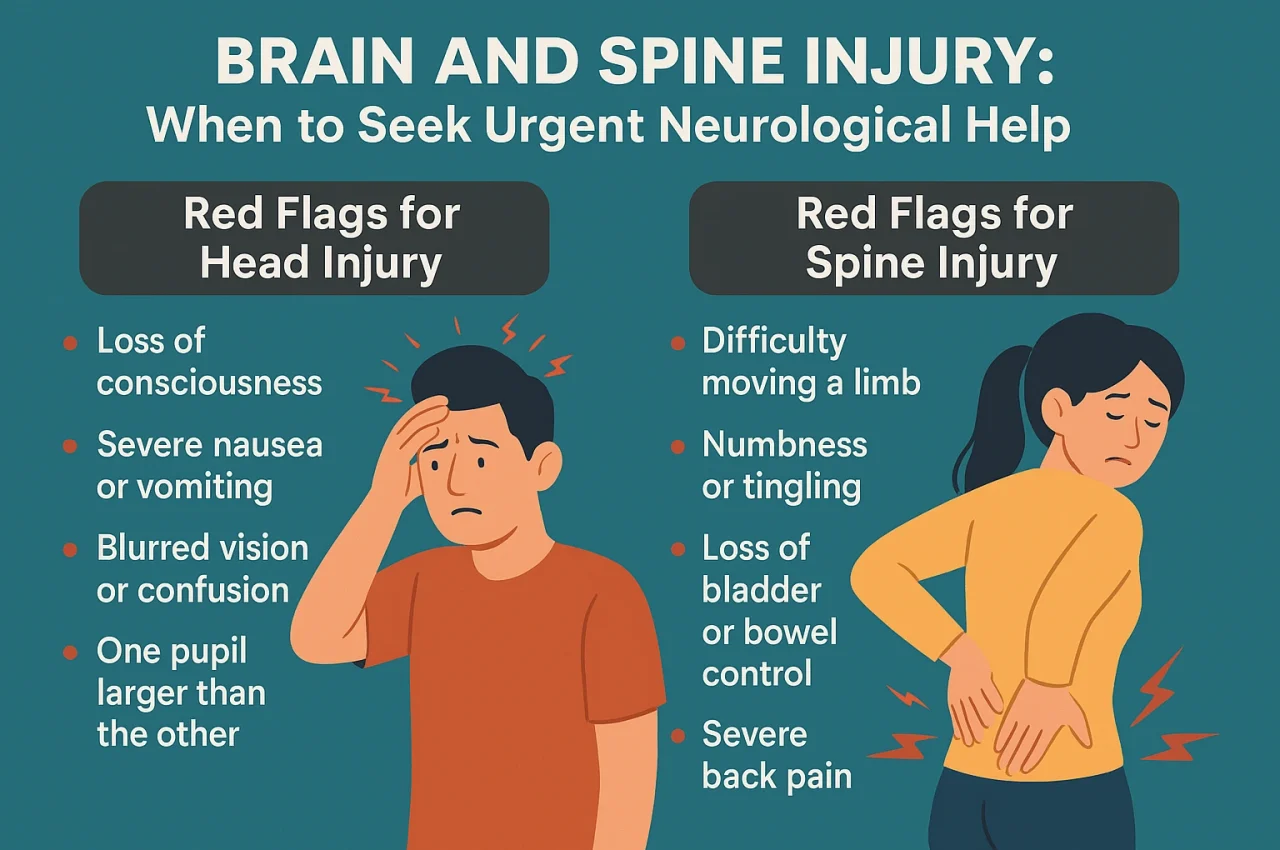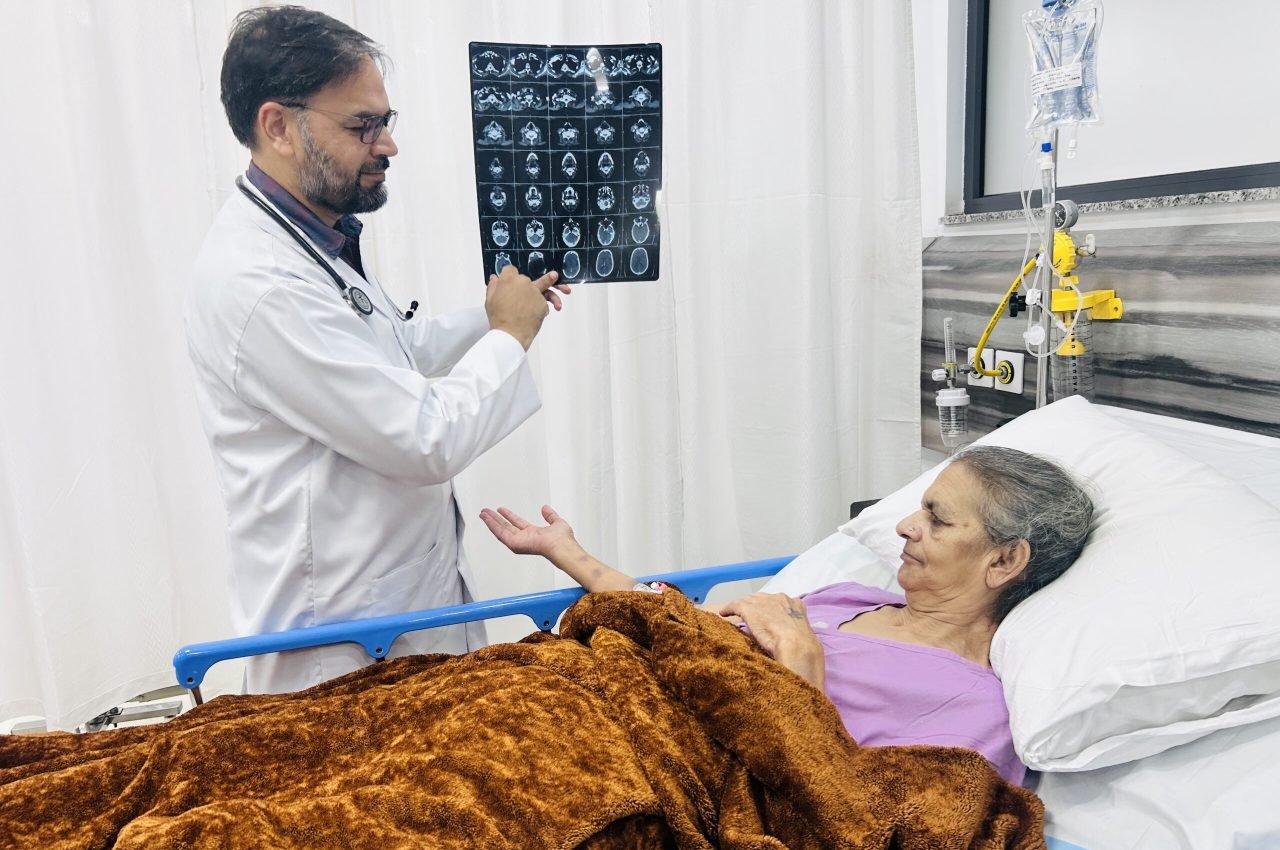What is Parkinson’s Disease?
Parkinson’s disease is a neurodegenerative disorder that affects movement, coordination, and balance. The condition occurs due to the loss of dopamine-producing neurons in the brain, leading to tremors, muscle stiffness, and slowed movements.
If you or a loved one experiences uncontrolled shaking, difficulty walking, or stiffness, it’s essential to consult a neurologist in Panchkula for an early diagnosis.
Early Symptoms of Parkinson’s Disease
Recognizing Parkinsons disease symptoms early can help slow its progression with timely intervention. The most common symptoms include:
🔹 Primary Motor Symptoms
Tremors – Shaking in hands, fingers, or jaw, even when at rest.
Bradykinesia (Slowed Movement) – Difficulty in walking, getting out of a chair, or performing daily tasks.
Muscle Rigidity – Stiffness in limbs, reducing range of motion.
Postural Instability – Frequent imbalance, leading to increased falls.
🔹 Non-Motor Symptoms
Loss of Smell (Anosmia) – One of the earliest signs of Parkinson’s.
Sleep Disorders – Insomnia, restless leg syndrome, and vivid dreams.
Depression & Anxiety – Mood changes are common in Parkinson’s patients.
Cognitive Impairment – Slower thinking, forgetfulness, and trouble concentrating.
Related Read: If you’re experiencing frequent dizziness or cognitive issues, check out our guide on Most Common Brain and Spine Procedures Explained
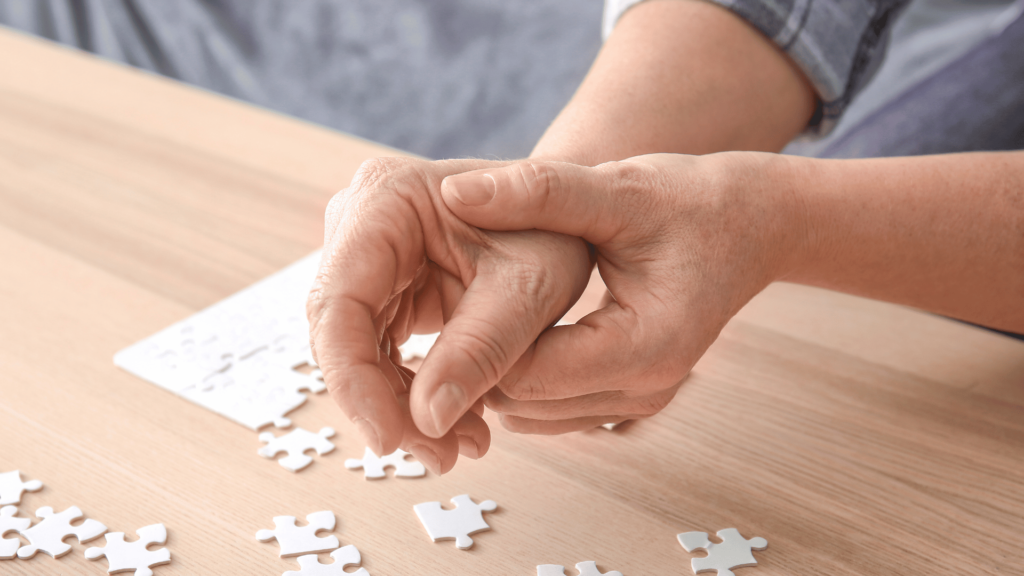
Who is at Risk of Parkinson’s Disease?
Several factors increase the likelihood of developing Parkinson’s disease:
Age – More common in people over 60, though early-onset Parkinson’s can occur before 50.
Genetics – Having a family history of Parkinson’s increases the risk.
Toxins & Environmental Factors – Pesticides and heavy metals may contribute.
Head Trauma – Severe head injuries may trigger neurological decline.
When should you see a doctor?
If you notice persistent tremors, stiffness, or balance issues, consult a top neurologist in Panchkula for proper diagnosis.
1. Medications for Parkinson’s
Levodopa-Carbidopa – The most effective drug to boost dopamine levels.
Dopamine Agonists – Mimic dopamine to improve movement.
MAO-B Inhibitors – Help prevent dopamine breakdown.
2. Physical Therapy & Lifestyle Changes
Regular Exercise – Activities like yoga, swimming, and cycling help maintain mobility.
Brain-Boosting Diet – Antioxidant-rich foods protect nerve cells.
Speech & Occupational Therapy – Helps with speech difficulties and daily tasks.
3. Advanced Treatment: Deep Brain Stimulation (DBS)
For severe cases, Deep Brain Stimulation (DBS) surgery may be recommended. This involves implanting electrodes in the brain to regulate movement.
Related Read: Learn about Neurosurgery 101: Common Brain & Spine Procedures Explained for more on surgical options.
🟢 FAQ Section: Parkinsons Disease Symptoms & Treatment
- What are the first signs of Parkinson’s disease?
The earliest signs of Parkinson’s disease include:
- Tremors in hands or fingers (even when at rest)
- Slower movement (bradykinesia)
- Stiffness in arms, legs, or neck
- Loss of balance & frequent falls
- Changes in handwriting (small, cramped writing known as micrographia)
If you notice these symptoms, consult a neurologist in Panchkula for early diagnosis.
2. What causes Parkinson’s disease?
The exact cause of Parkinson’s disease is unknown, but it is linked to:
- Loss of dopamine-producing neurons in the brain
- Genetic mutations in some cases
- Exposure to toxins like pesticides and heavy metals
- Head trauma or repeated brain injuries
While Parkinson’s isn’t always inherited, having a family history may increase the risk.
3. Is there a cure for Parkinson’s disease?
Currently, there is no cure for Parkinson’s disease, but treatments can significantly manage symptoms and improve quality of life. These include:
Medications like Levodopa to boost dopamine levels
Physical therapy & exercise to maintain mobility
Deep Brain Stimulation (DBS) for severe cases
Learn about surgical options in our guide on Neurosurgery 101: Common Brain & Spine Procedures Explained.
4. How is Parkinson’s disease diagnosed?
There is no single test to confirm Parkinson’s. Neurologists diagnose the condition based on:
Physical & Neurological Exams – Checking tremors, movement, and reflexes
DaTscan Imaging – Detects dopamine levels in the brain
Medical History & Symptom Analysis – To rule out other conditions
If you’re experiencing chronic movement issues, check out our post on Chronic Back Pain: When to Consider a Specialist in Panchkula.
5. Can lifestyle changes help manage Parkinson’s disease?
Yes! Lifestyle modifications can slow progression and improve symptoms, including:
Regular Exercise – Walking, yoga, and cycling improve motor function
Healthy Diet – Antioxidant-rich foods protect brain cells
Quality Sleep – Reduces fatigue and enhances brain function
Stress Management – Meditation and support groups can help
For more brain health tips, visit our Brain Tumor Early Signs & Treatment Guide.
Want Personalized Advice? Book a Consultation Today!
If you’re concerned about Parkinsons disease symptoms, consulting a neurologist early can improve treatment outcomes.
📍 Location: Panchkula, Haryana
📞 Call Us: 9780 355 355
📅 Schedule an Appointment
📢 Stay Informed! Follow our blog for expert neurology articles & treatment updates.
